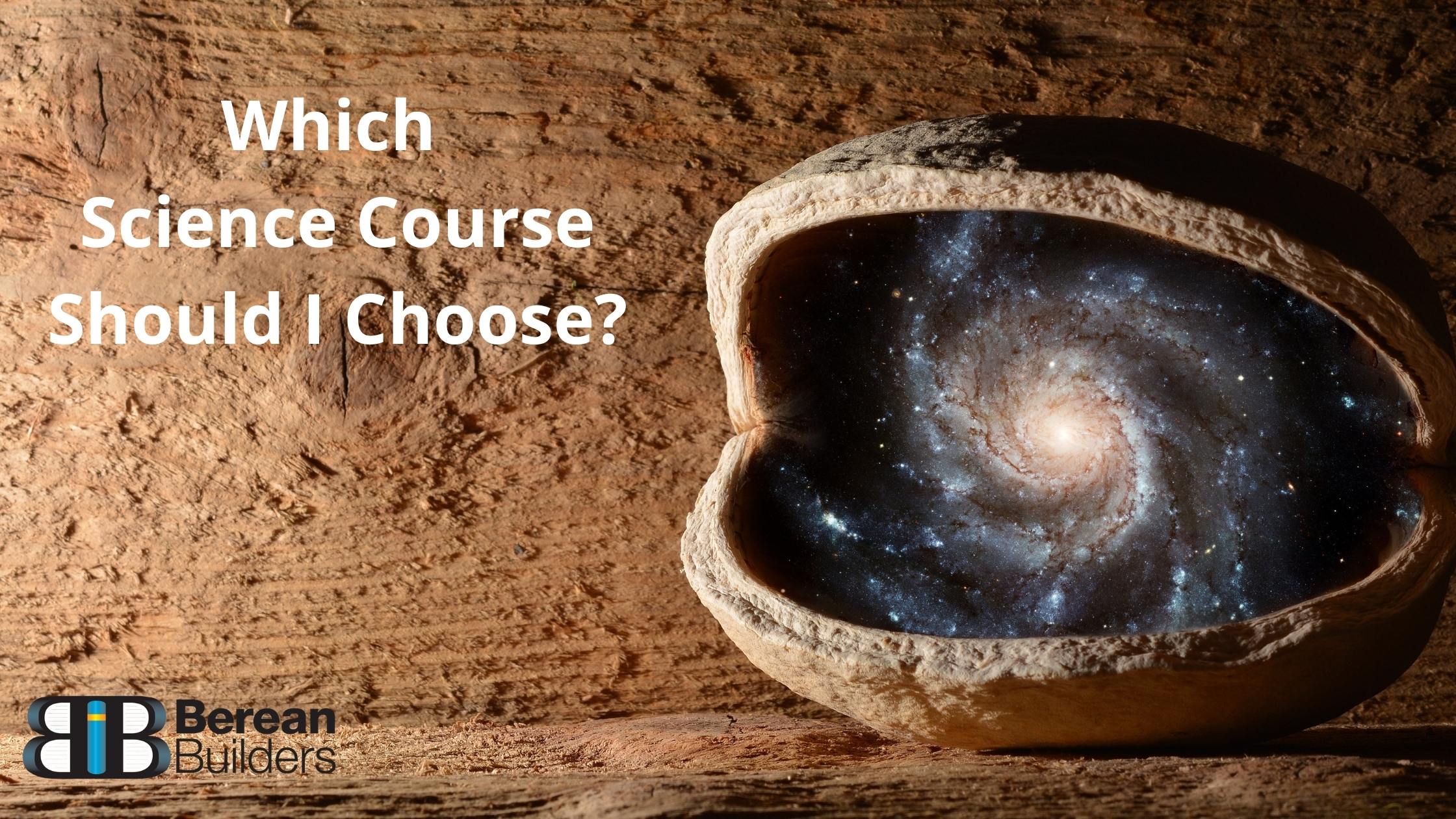
Are you wondering why you should include earth science in your homeschool lessons? By learning about the world, the workings of its features and systems, and the cosmos in general, students can develop an essential and deep understanding of God’s creation and their place in it.
Understanding Earth’s Systems
Our Science Through HIStory series and our Discovering Design with Earth Science course encompass the study of our planet’s various systems – from the atmosphere to the lithosphere and everything in between. In our courses, students gain a comprehensive understanding of how these systems interact and influence each other. They learn about the water cycle, weather patterns, plate tectonics, and the rock cycle, among other phenomena.
Understanding these systems provides students with a solid foundation for comprehending the environmental challenges facing our planet today, such as pollution and natural disasters. By grasping the underlying principles governing Earth’s systems, homeschoolers can develop a deeper appreciation for the delicate balance that sustains life on our planet and the importance of responsible stewardship.
Connecting with Nature
One of the unique advantages of teaching earth science at home is the opportunity for hands-on learning experiences in nature. Whether it’s studying rocks and minerals on a hiking trip, observing wildlife in their natural habitats, or conducting experiments in the backyard, homeschoolers have the freedom to explore the natural world firsthand.
These immersive experiences foster a strong connection with nature and instill a sense of wonder and curiosity about the world around them. By engaging with the environment directly, students can recognize and appreciate the beauty and complexity of the natural world, inspiring them to become lifelong stewards of Earth. Our courses include hands-on experiments to help your student understand the concepts taught in each lesson.
Exploring the Cosmos
Earth science isn’t just about the planet we inhabit – it also includes the study of the universe beyond. Homeschoolers have the opportunity to explore topics such as astronomy, cosmology, and space exploration, igniting their curiosity about the cosmos and our place within it.
Studying astronomy allows students to marvel at the wonders of the night sky, from the phases of the moon to the distant galaxies billions of light-years away. They can learn about the life cycle of stars, the formation of planets, and the interactions between our earth, the solar system, and the universe as a whole.
Cross-Curricular Learning Opportunities
Homeschool education creates an opportunity for cross-curricular learning, integrating concepts from earth science with those found in physics, chemistry, biology, and mathematics, and providing students with a holistic understanding of the natural world. Including stories from literature, history, and current events helps students to see how earth science can connect seemingly unrelated subjects and increase understanding.
Our courses help homeschoolers develop critical thinking skills and the ability to make connections between different fields of study. They learn to approach problems from multiple perspectives and appreciate the interconnectedness of many subjects, preparing them for success in future academic pursuits and careers.
Fostering a Lifelong Love of Learning
Beyond the academic benefits, studying earth science nurtures a lifelong love of learning and exploration. By encouraging curiosity, creativity, and independent thinking, homeschoolers develop a passion for discovery that extends far beyond the confines of the classroom.
Whether they pursue careers in science or not, the skills and knowledge gained through our courses will serve students well in any field. From problem-solving and critical thinking to communication and collaboration, the lessons learned are applicable to a wide range of endeavors.
Here are the courses in the Science Through HIStory collection!
- Science in the Beginning
- Science in the Ancient World
- Science in the Scientific Revolution
- Science in the Age of Reason
- Science in the Industrial Age
Incorporating a Christian Worldview in Homeschool Science
At Berean Builders, we embrace a Christian worldview and include in our courses scientific evidence that supports the validity of the Christian faith. Let’s explore how you may further incorporate Christian values into your homeschool science lessons and integrate faith into your students’ learning experiences.
Recognize God as Creator
At the heart of Christian faith is the belief that God created the heavens and the earth. Homeschool parents can emphasize this foundational belief by exploring the beauty and complexity of the natural world through the lens of creation. They can teach their children to marvel at the intricacy of God’s design, whether studying the geological formations, the diversity of ecosystems, or the vastness of the cosmos.
Study the Role of Stewardship
Christianity teaches the importance of stewardship – the responsible care and management of God’s creation. Homeschool parents can incorporate lessons on environmental stewardship into their earth science curriculum, highlighting the biblical mandate to protect and preserve the earth for future generations. Dive into topics such as conservation, sustainability, and ethical considerations in resource management.
Explore the Harmony of Science and Faith
Science and faith are not inherently at odds with each other. Homeschool parents can help their children see the compatibility between scientific inquiry and Christian beliefs by exploring the ways in which scientific discoveries complement and affirm biblical teachings. Include discussions on the orderliness of the universe, the fine-tuning of physical constants, and the evidence of design in nature.
Discuss Creation Narratives
Our courses incorporate biblical creation narratives that provide opportunities for homeschool parents to discuss theological concepts alongside scientific principles. Parents can explore the different interpretations of the creation accounts in Genesis, encouraging critical thinking and respectful dialogue about the relationship between scripture and scientific evidence.
Foster a Spirit of Wonder and Gratitude
Homeschool parents can cultivate a spirit of wonder and gratitude in their children by encouraging them to reflect on the awe-inspiring aspects of God’s creation. Plan activities such as nature walks, stargazing sessions, or journaling about the beauty and diversity of the natural world. By nurturing a sense of wonder, parents help their children develop a deeper appreciation for God’s handiwork and a grateful heart for the blessings of creation.
Incorporate Scripture into Lessons
Integrating relevant Bible verses and passages into earth science infuses Christian values into the curriculum. By connecting scripture with scientific concepts, parents help their children see the interconnectedness of faith and learning.
Encourage Service and Outreach
Finally, homeschool parents can empower their children to live out their faith through service and outreach efforts related to earth science. Encourage participating in environmental clean-up projects, volunteering with conservation organizations, or advocating for policies that promote sustainability and stewardship. By putting their faith into action, children learn to be agents of positive change in the world, reflecting the values of compassion, justice, and care for creation taught in the Christian tradition.
Science With An Holistic Christian World View
Our courses embrace a Christian worldview. Incorporating Christian biblical values into homeschool Earth Science education offers a holistic approach that integrates faith, learning, and stewardship.









